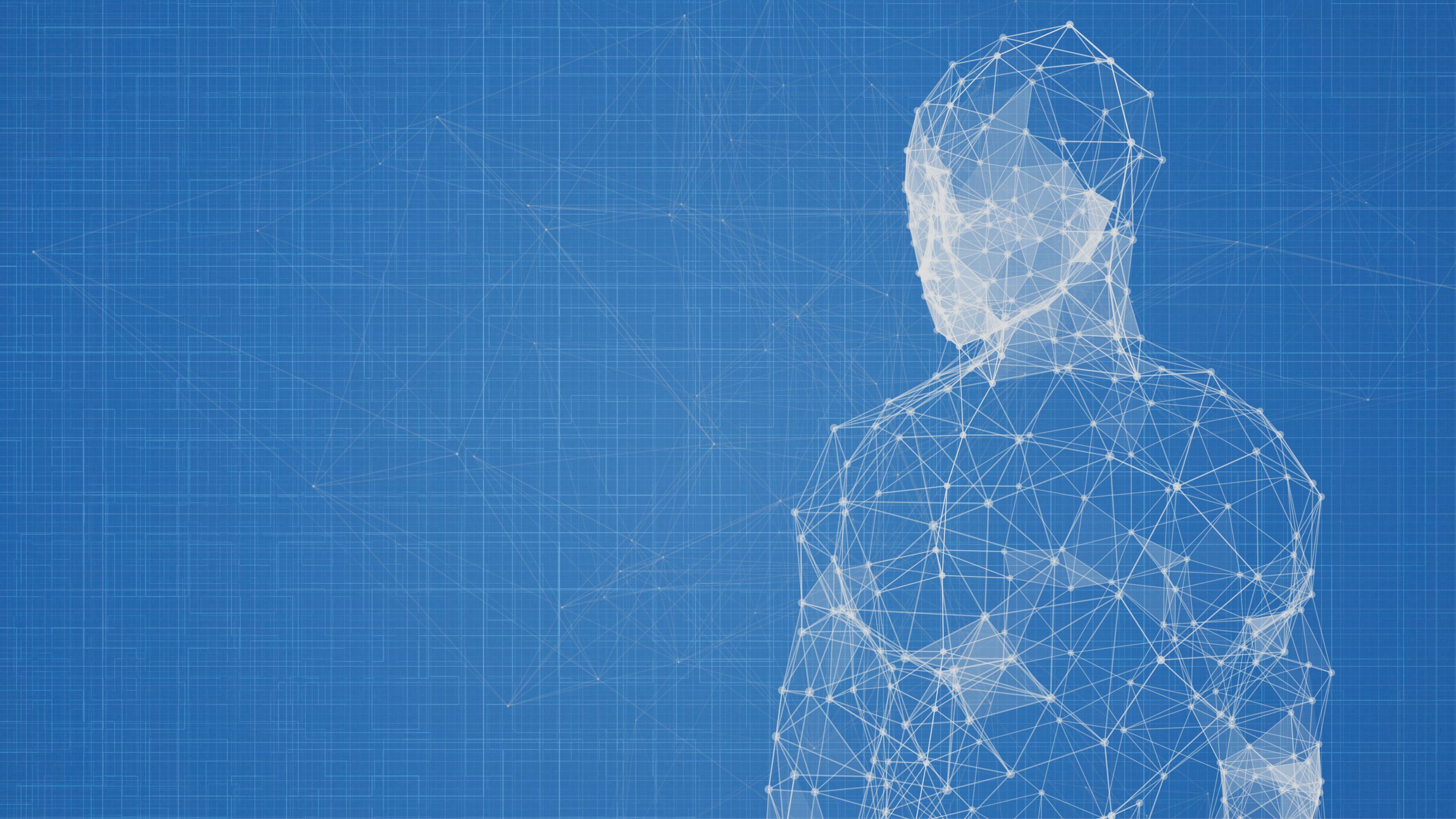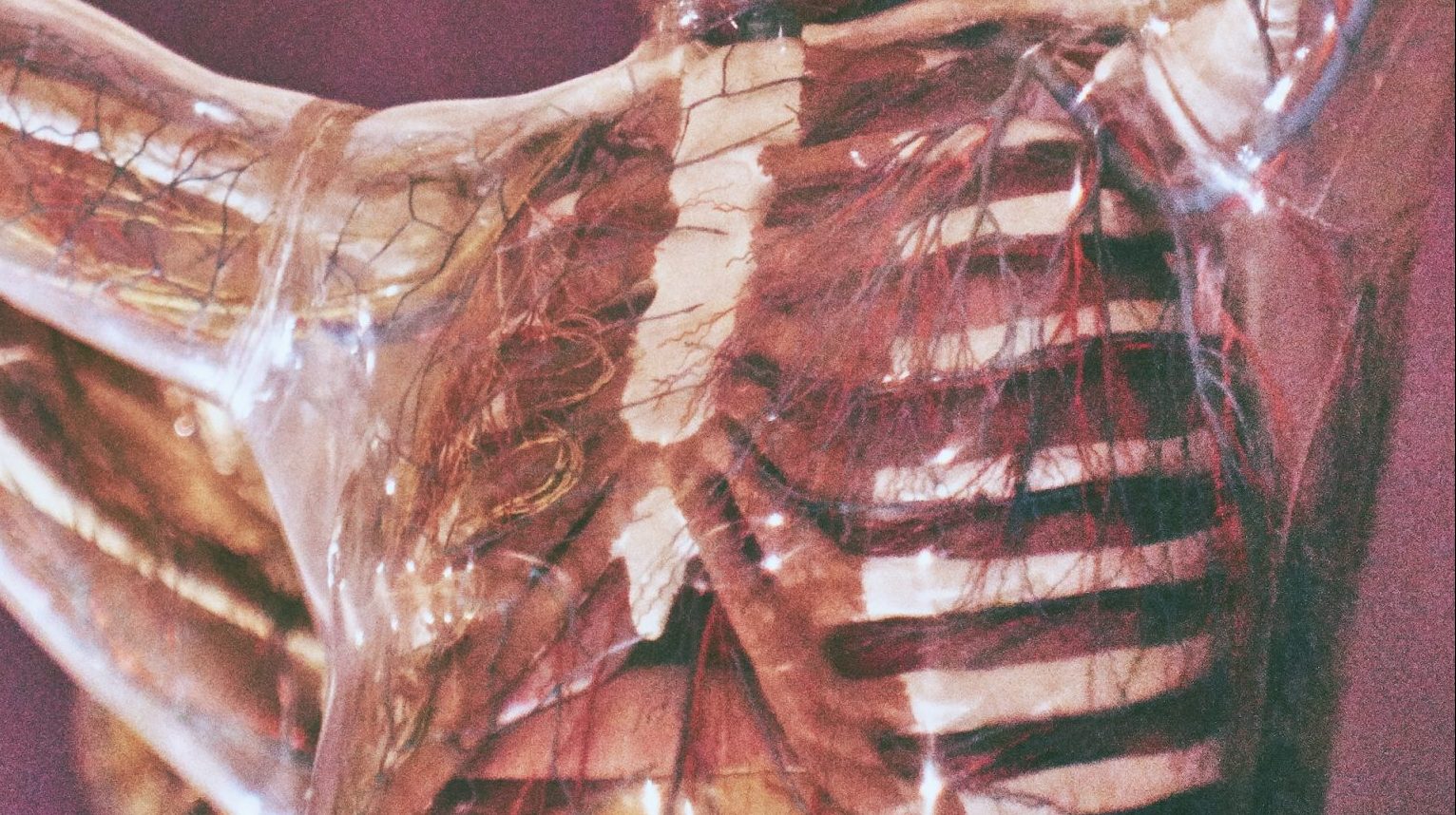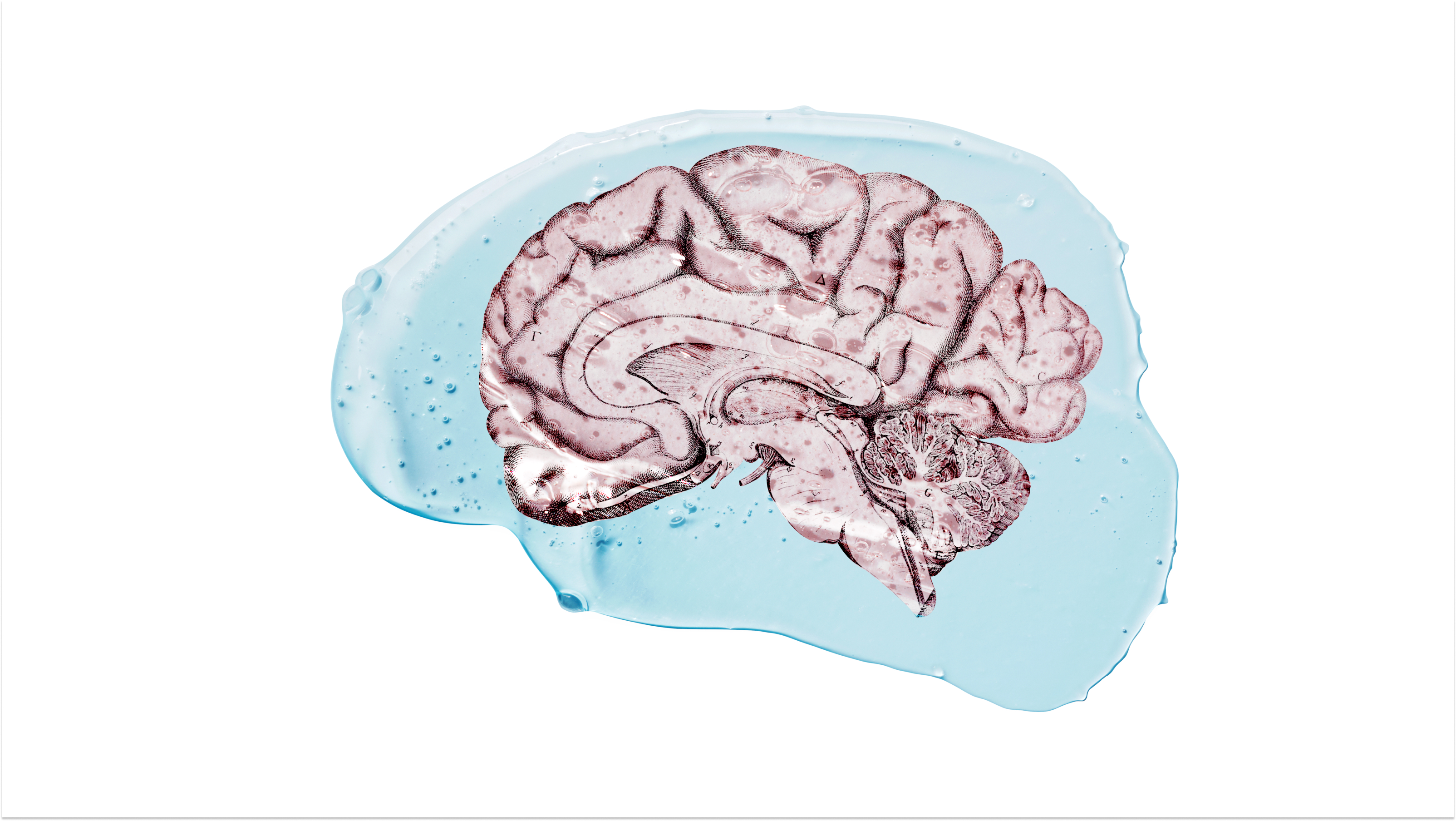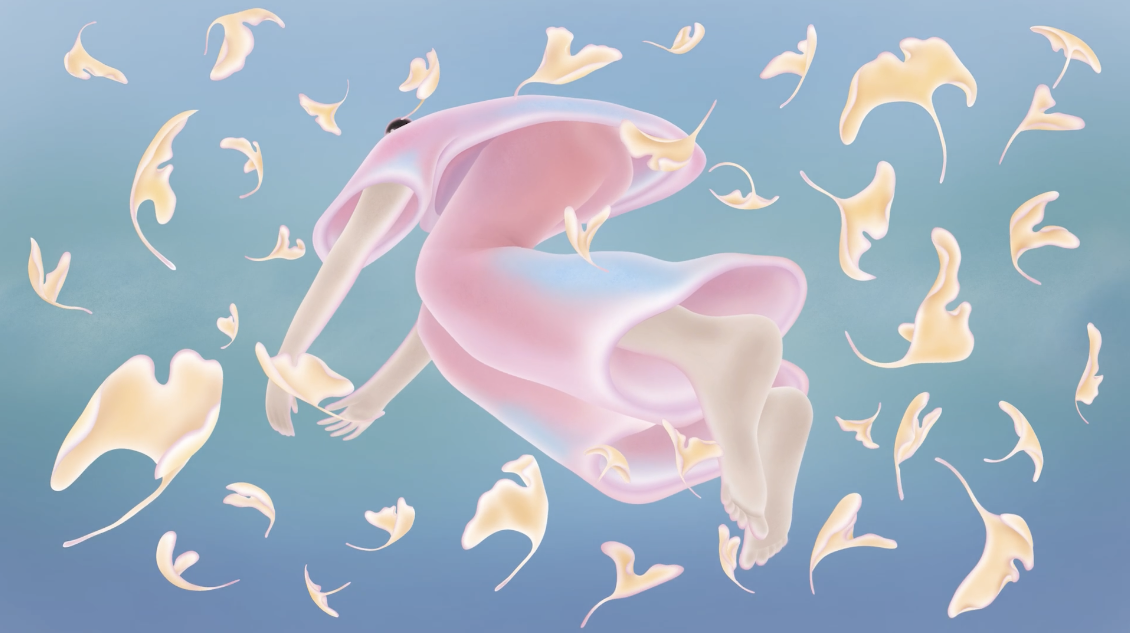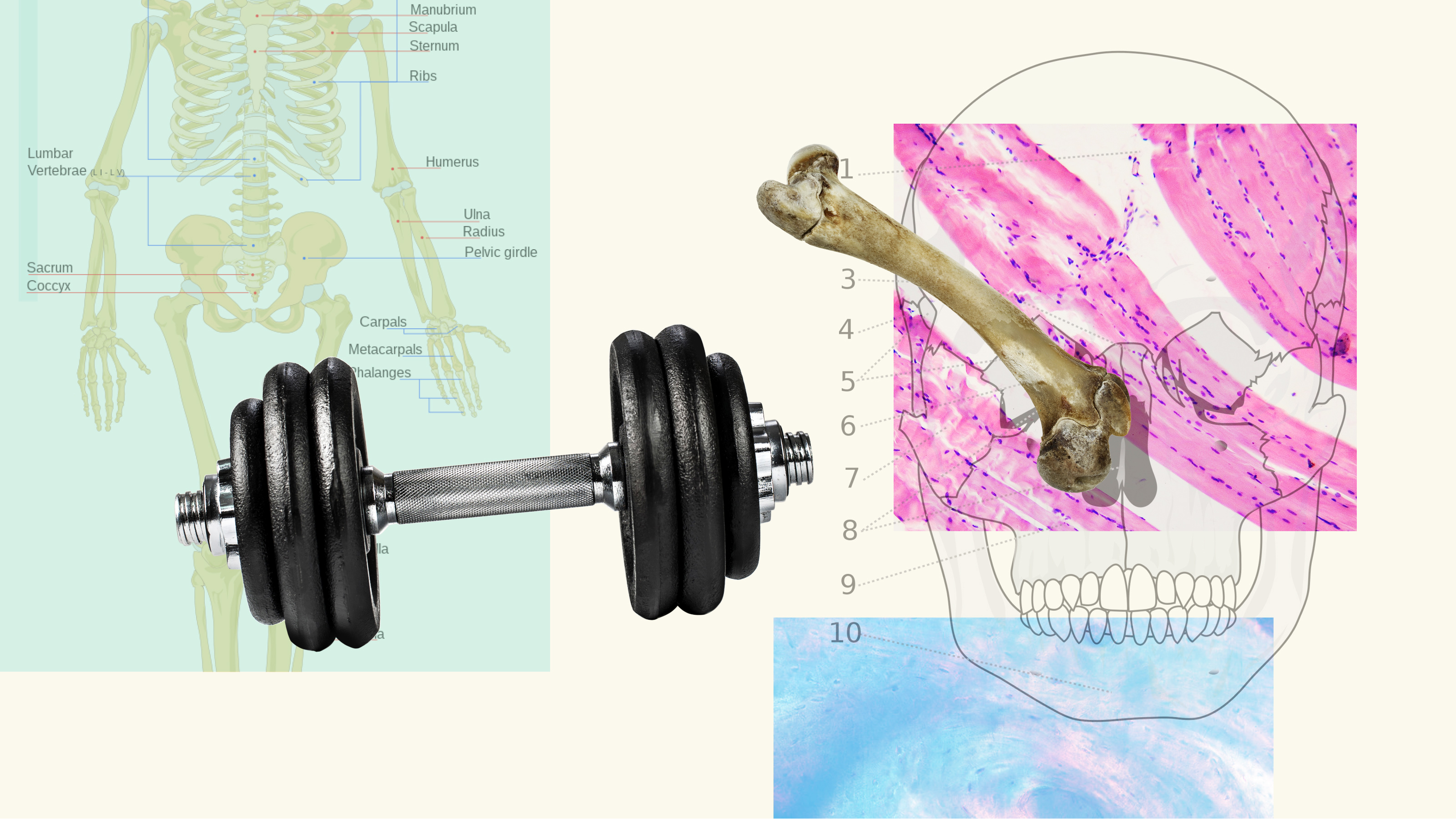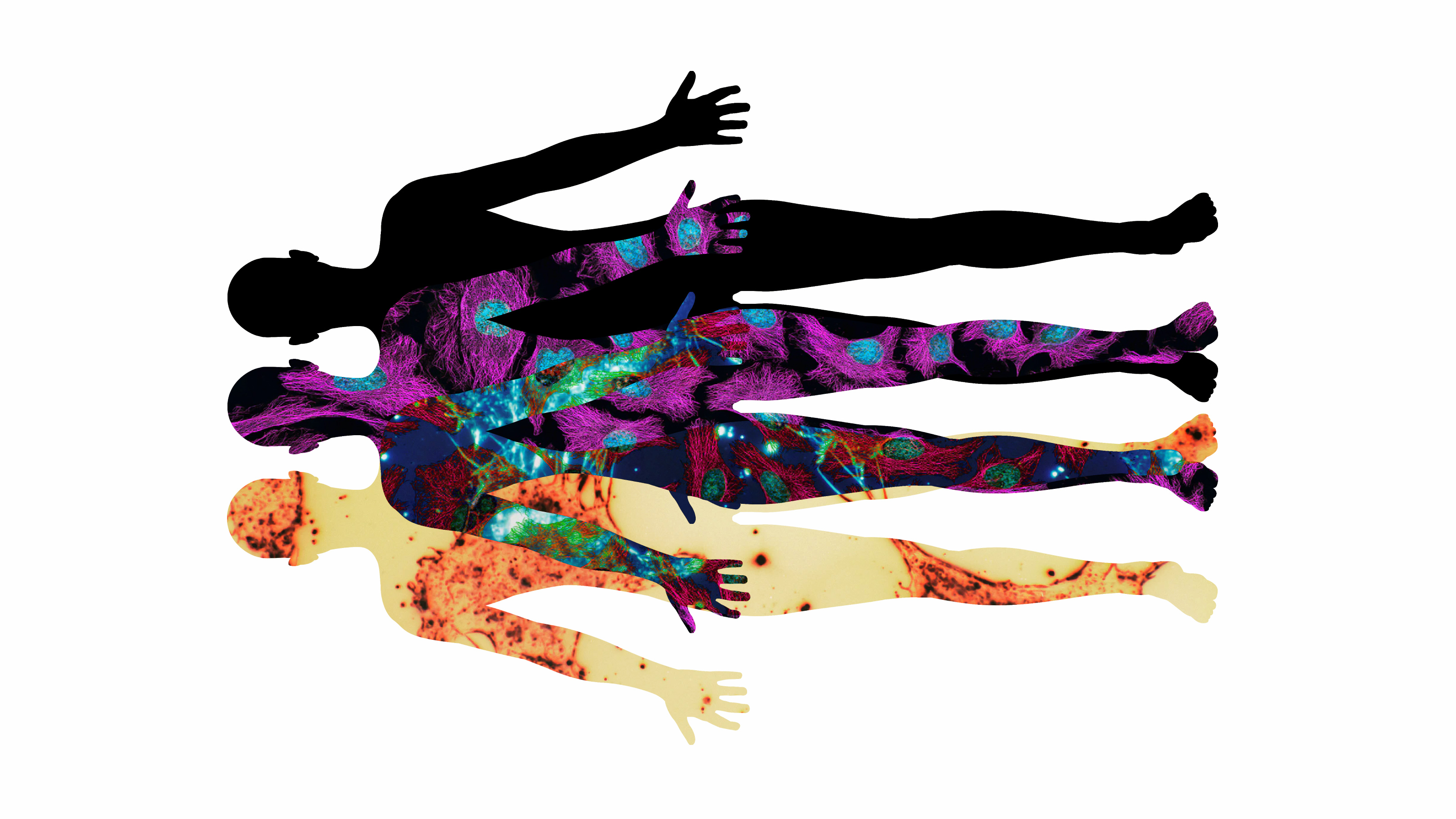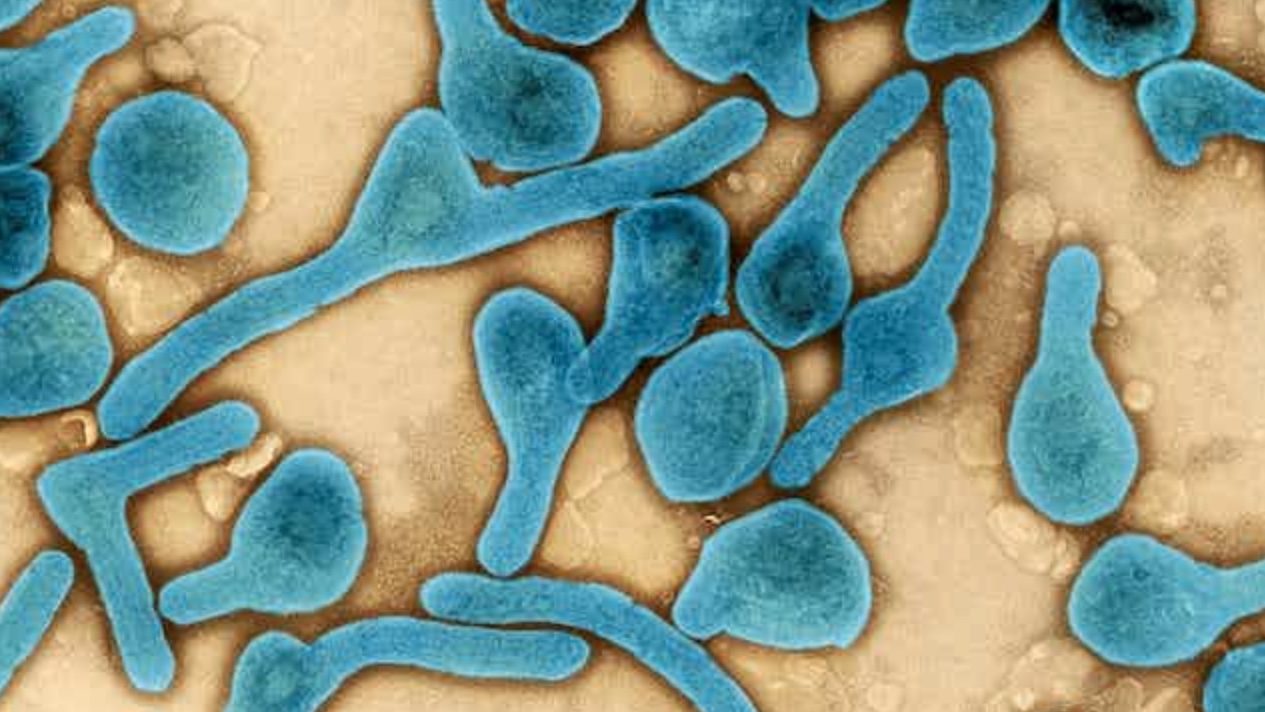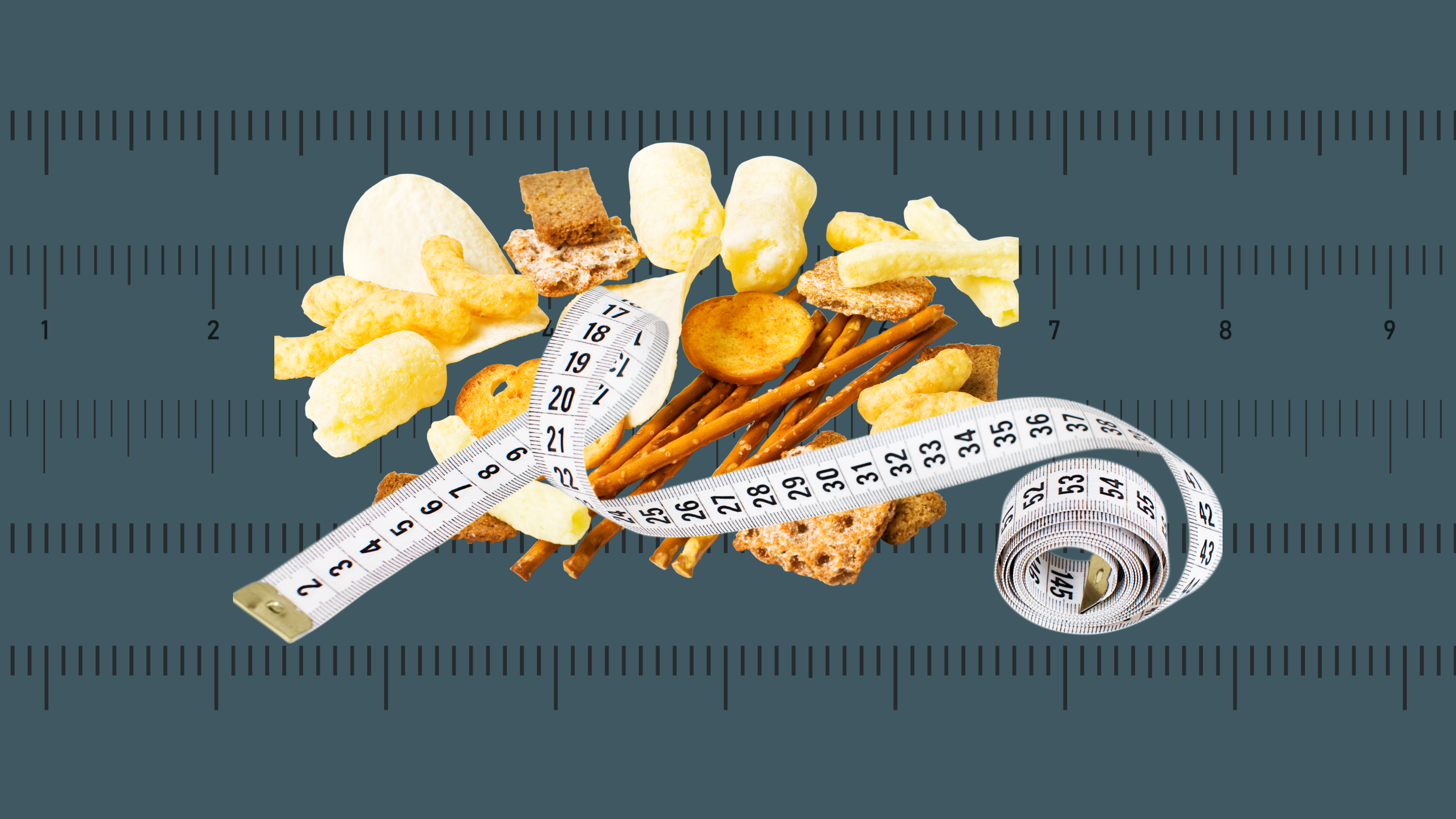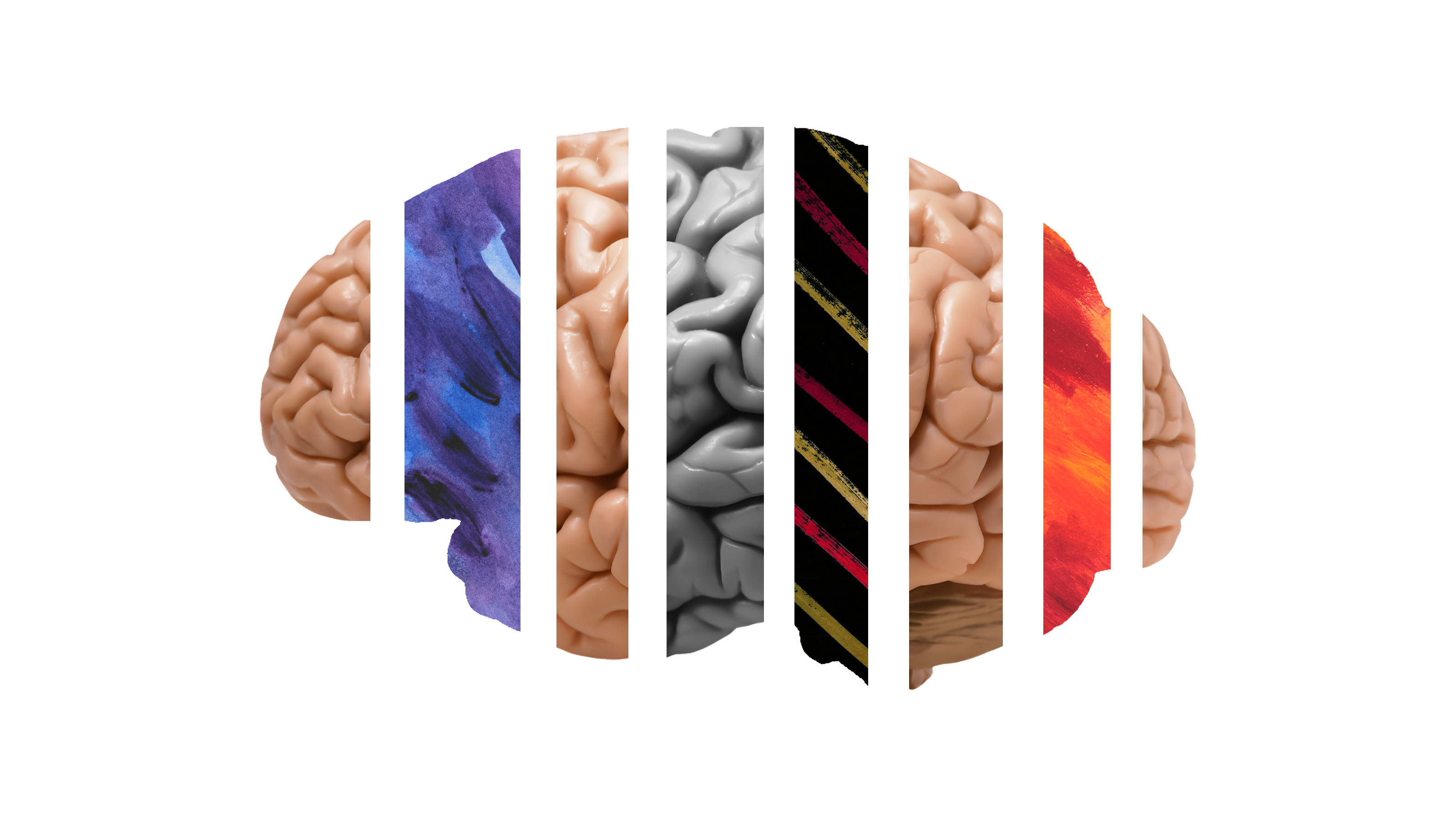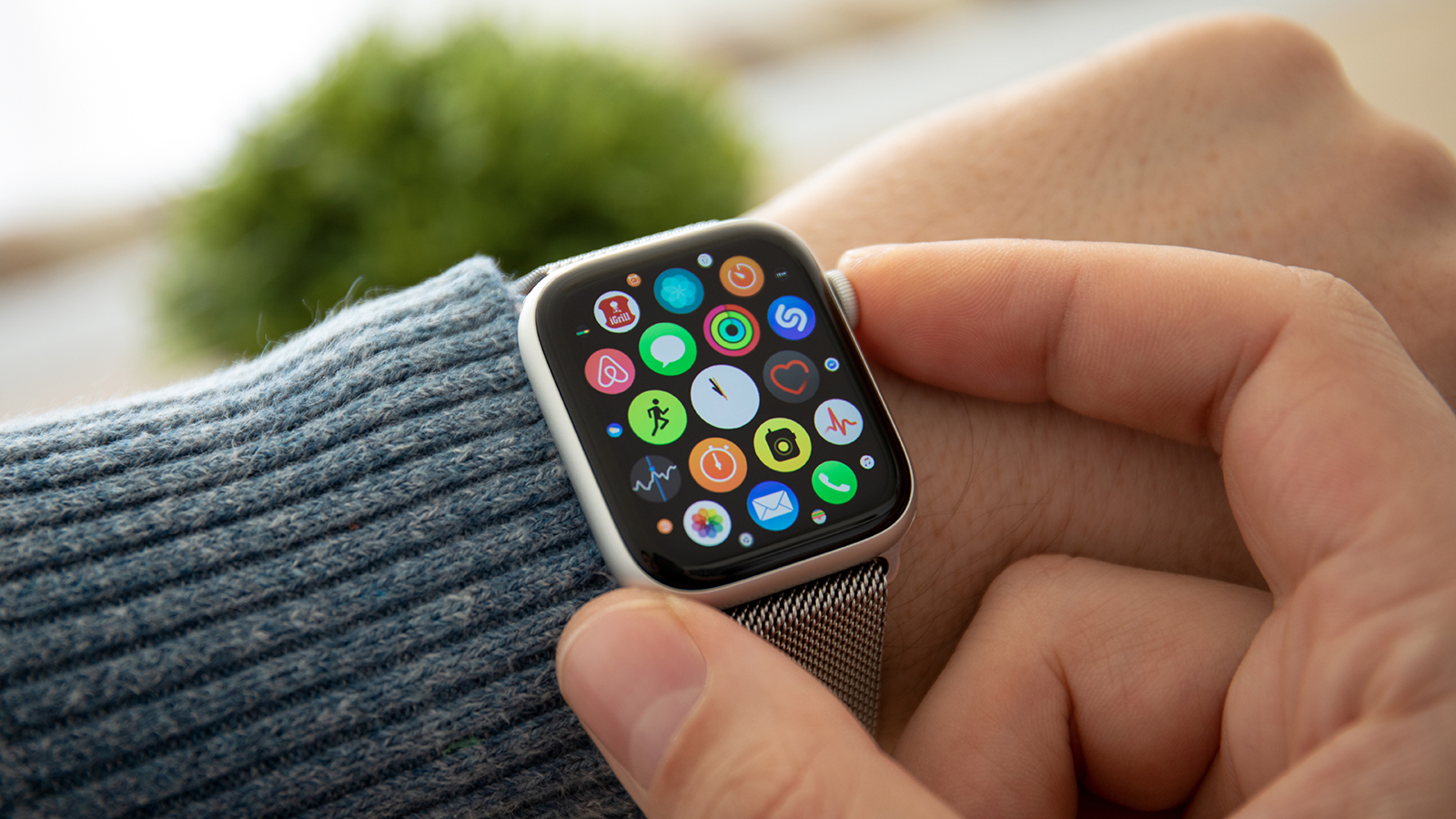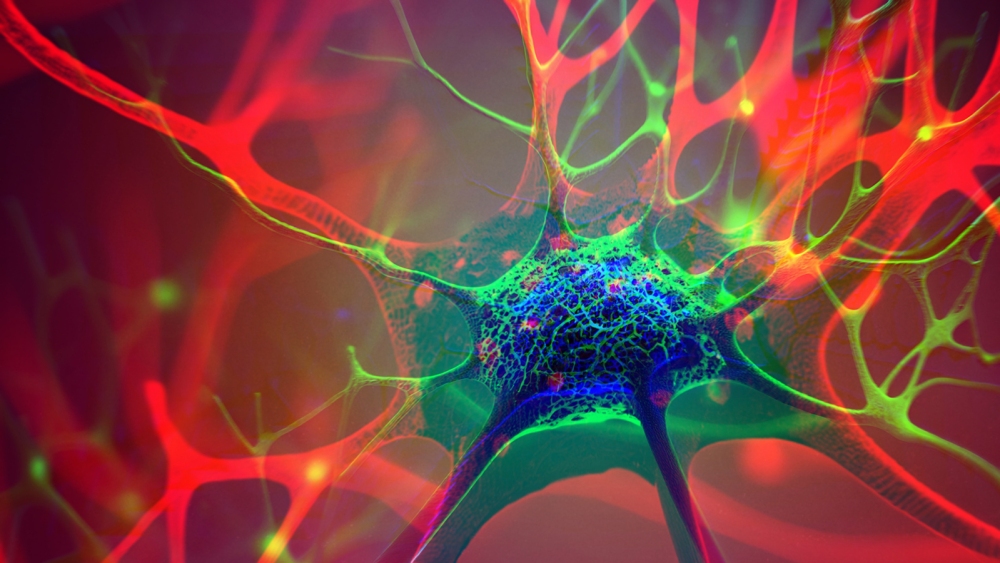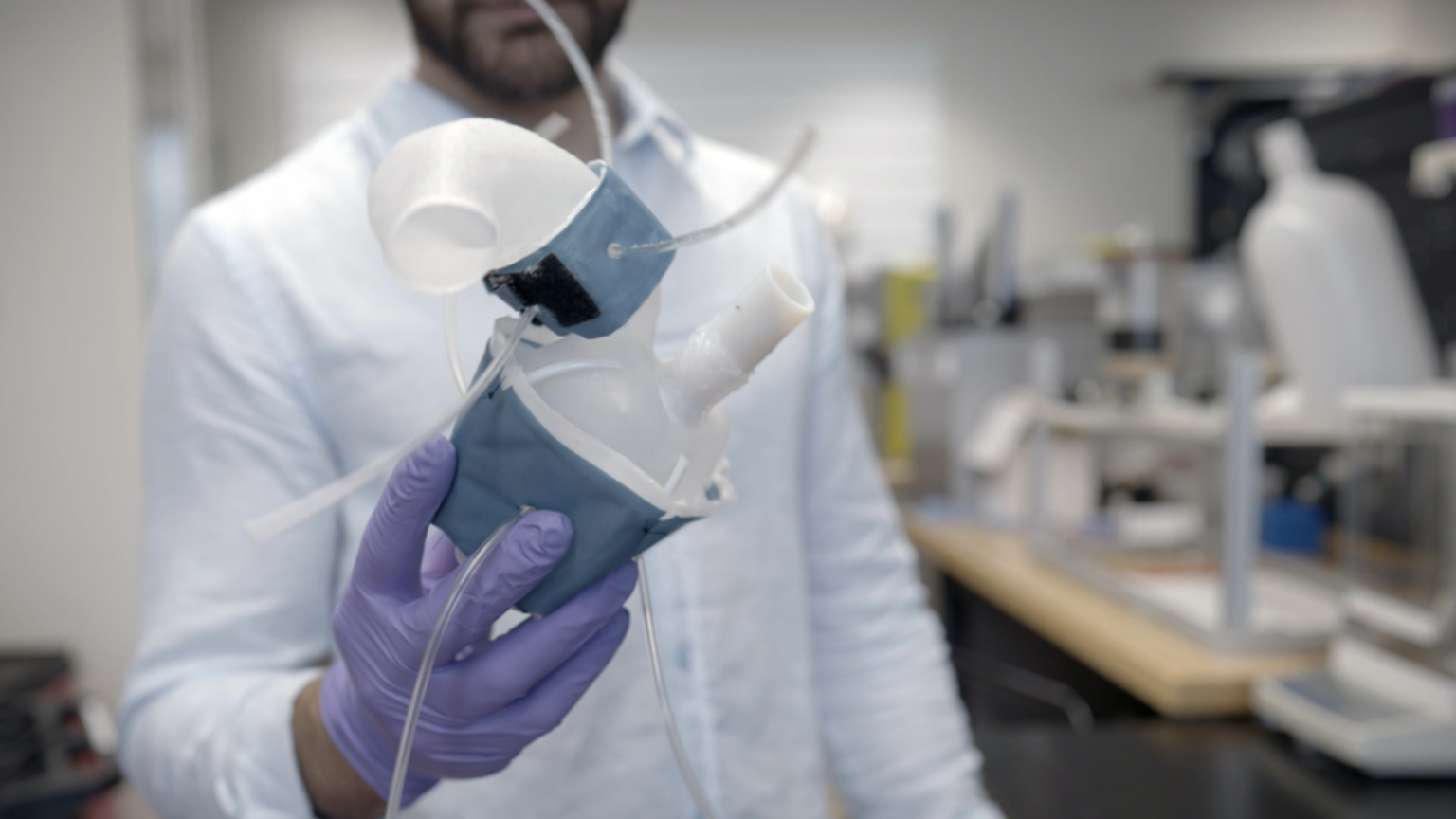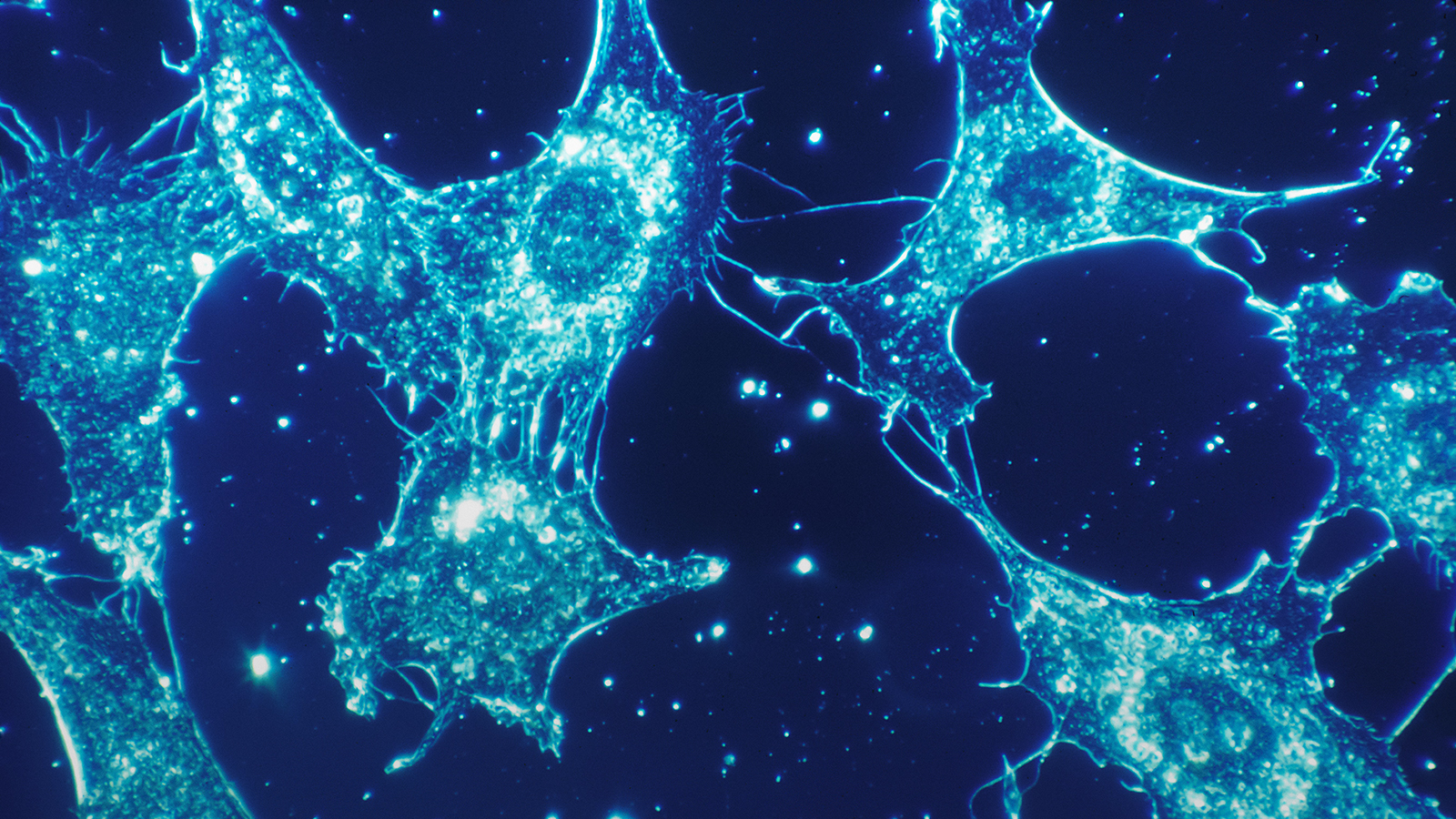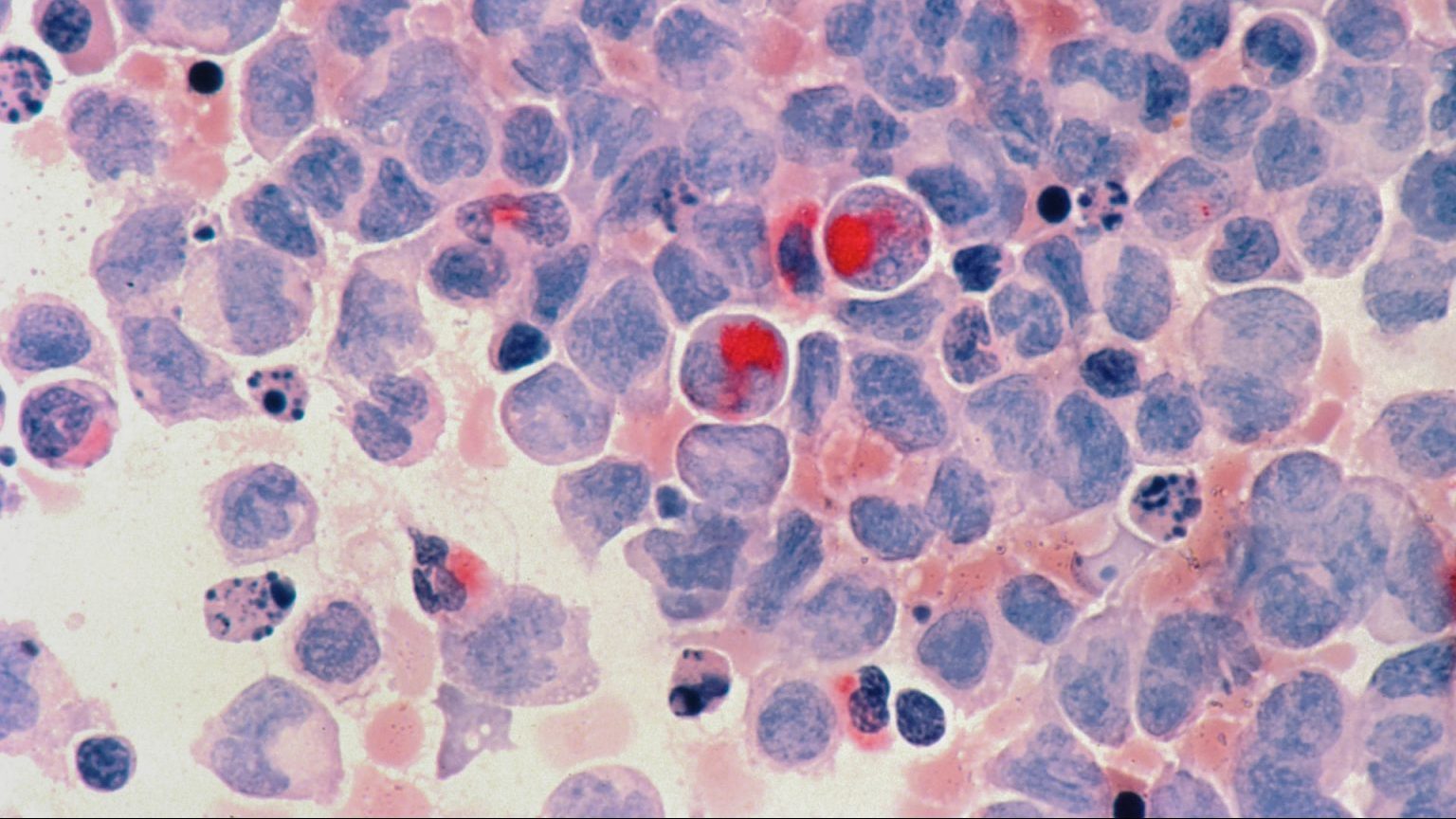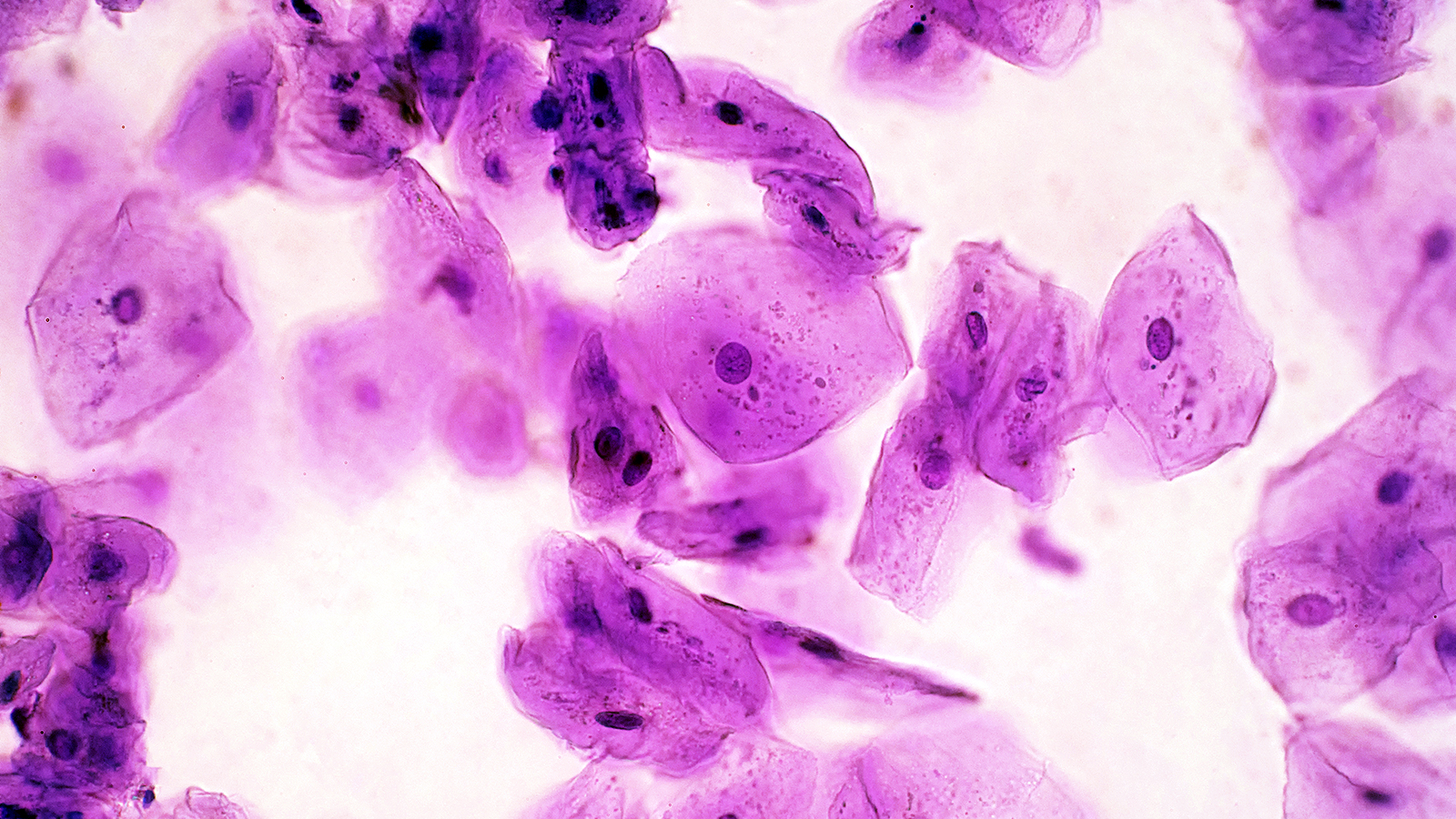human body
It’s not about fairness. It’s about using every possible advantage.
Left-handed humans were likelier to get stabbed in the heart.
The future of healthcare may bring powerful collaborations between AI and medical professionals.
Amyloid plaque can build up in body organs other than the brain. The resulting diseases — AL amyloidosis, ATTR amyloidosis and more — cause much suffering.
A recent study is the first to fabricate electronic components from endogenous molecules.
You are an energy field — but not the “chakras” or “auras” kind.
By studying the oldest animals, researchers hope to pinpoint factors affecting human longevity.
You know that ghostly feeling that someone is nearby even though nobody is? It could be a trick of neural timing.
End of life patients face mental health challenges uniquely existential and spiritual in nature — but psychedelics are emerging as a possible solution to relieve the suffering.
Your sexual education was probably inadequate. Here’s the information you always needed.
▸
9 min
—
with
Biological age is a better health indicator than the number of years you’ve lived, but it’s tricky to measure.
Having a “buff” skeleton prevents infirmity in old age.
From grave robbing to giving your own body to science.
Sexual attitudes are more man-like than ever. Here’s what that means for women.
▸
7 min
—
with
Marburg virus, like its cousin Ebola, causes severe disease, with fatality rates ranging from 22% to 90%.
A deadly myth has been manufactured from poor methods and wishful thinking.
What if we could harvest energy from human heat, sweat, or vibrations?
Ev Fedorenko’s Interesting Brains Project highlights the human brain’s remarkable capacity to adapt, reorganize in the face of early damage.
The Apple Watch could soon take the pain out of monitoring blood sugar levels.
New research shows psychedelics activate receptors inside brain cells that other compounds, like serotonin, cannot.
The soft robotic models are patient-specific and could help clinicians zero in on the best implant for an individual.
As improving biotech offers us longevity, we can prepare to live much better as we age.
Research shows that spending more time on social media is associated with body image issues in boys and young men.
A healthy endocannabinoid system is critical to the human body’s immune functions.
The body uses its own electricity to repair wounds. Faster healing may be possible with additional electrical stimulation.
Epigenetic entropy shows that you can’t fully understand cancer without mathematics.
Gum disease begins in the mouth but spreads to the joints. Rheumatoid arthritis is just one of several diseases linked to poor oral health.



